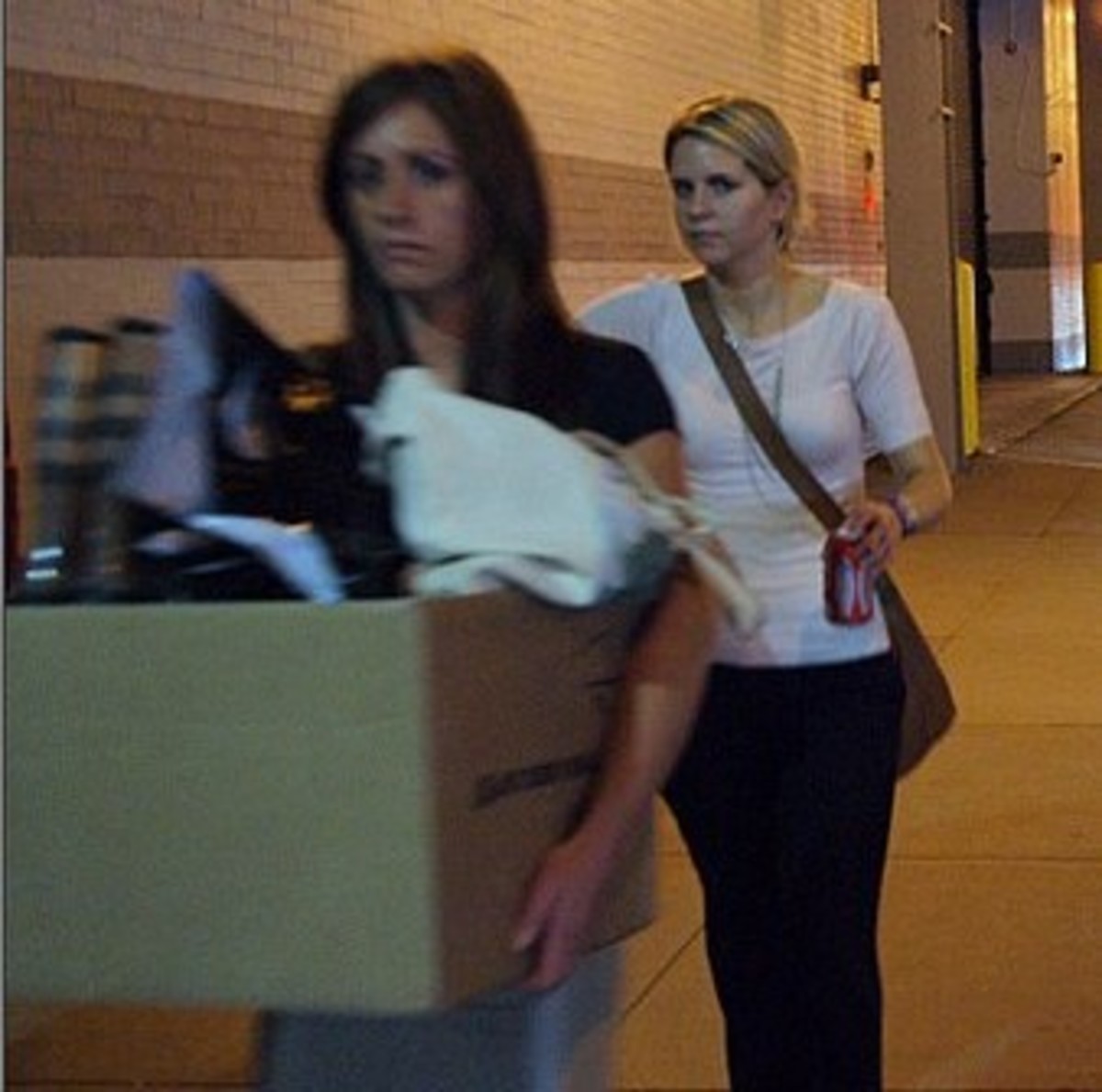
Suppose you produce documents to a regulator.
The regulator writes back, asking you to identify specific documents by Bates number.
Outside counsel said that you’d provide the Bates numbers by Monday.
On Tuesday, you weren’t sure if the Bates numbers had yet been provided. So you sent an email to outside counsel:
“I haven’t yet seen a note transmitting the Bates numbers. Have you sent the information?”
The phone rang: “I haven’t sent the regulator the Bates numbers yet. This is harder than I expected.”
“Okay. Did you send a note to the regulator saying that you weren’t sending the Bates numbers, as you had promised, apologizing for this, and telling the regulator when you’d actually be producing the numbers?”
“No.”
“Why not? What do you suppose the regulator is thinking?”
“I don’t know what he’s thinking. Maybe he’s thinking, ‘I have the damn documents. It’s my job to look through them. I have no right to ask BigCo to specify Bates numbers, and I should just do my job.’”
I understand the frustration of outside counsel. Identifying Bates numbers is no fun — even for the associate who’s actually doing the work. But I guarantee you that the regulator is not thinking, “Gee, I suppose this problem is my fault.” People don’t think that way. The regulator is thinking, “You promised the information on Monday. You didn’t get it to me on Monday. You’re irresponsible, and I’m going to hold this against you.”
So you can either prompt this reaction — by your silence — or write a note to prevent this reaction.
Which do you suppose is better?
It’s just common sense.
Here’s another example: Last year, you got settlement authority of $450,000 in a case. It turns out the case will settle for $457,000. Two choices: Put in the computer system that, “We need $457,000 to settle a case.” Or enter into the computer system, “Last year, you approved $450,000 to settle a case. It turns out that we need slightly more than that to make the case go away. I’m submitting a request for an extra $7,000, for a cumulative total of $457,000 to settle the case. The current request for approval relates only to the incremental $7,000.”
Which is right?
One causes the reader to curse: “This is a big request for settlement authority! How come I haven’t heard about it before? Why are these things always being thrown on my desk without warning?” The reader will then flip through the computer, figure out what’s really happening, and curse again: “Why didn’t they tell me it was just a $7,000 increase? This is nothing; I could have approved it in my sleep. What idiots for not explaining the situation to me!”
You didn’t get any credit for this having been an insignificant request. Rather, you were mentally cursed once for the appearance of it having been significant and were then cursed a second time for not having explained the situation.
Try to avoid having your boss curse you twice.
I know what you’re thinking: “Herrmann, you’re such an idiot! Why are you writing about two discrete situations? They won’t occur in my life. Why waste time with this?”
Of course these precise situations won’t occur in your life. You’re supposed to reason by analogy. Consider how the other person will react, and then preempt the negative reaction.
The potential client receives an email from outside counsel prospecting for business:
“You were just sued in my local federal court. I thought you might appreciate the notice. I’ve attached a link.”
What does in-house counsel think? Two choices: “I really must hire this person. That email contains truly thoughtful analysis of the new case.” Or: “What an idiot. He sent me the link without any explanation of what’s behind it. He’s a fool, and he surely doesn’t deserve to get retained.”
In terms of business development, sending the email was worse than nothing. You affirmatively decreased your chances of being hired.
Or suppose you must send some task to your boss, a computer illiterate, through the computer system. How do you follow up? Two choices: Not at all. The computer will nudge your boss, and your boss will figure out what to do. Or: Send an email. “The computer will soon nudge you to do X. This relates to the case of Y. You must go into the computer system and approve what we’ve done. I’ve attached a link to the relevant page of the computer system below. If you approve of our action (and, in my opinion, you should), please click on the link and indicate your approval.”
See?
It’s a pain in the neck. But the truth is that no one cares about you. People care about themselves. So, be loved: Make life easy for the other guy.
It’s the golden rule.
Mark Herrmann spent 17 years as a partner at a leading international law firm and is now deputy general counsel at a large international company. He is the author of The Curmudgeon’s Guide to Practicing Law and Inside Straight: Advice About Lawyering, In-House And Out, That Only The Internet Could Provide (affiliate links). You can reach him by email at inhouse@abovethelaw.com.



 Kathryn Rubino is a Senior Editor at Above the Law, and host of
Kathryn Rubino is a Senior Editor at Above the Law, and host of 







 Vikram Amar is the Dean of the University of Illinois College of Law, where he also serves the Iwan Foundation Professor of Law. His primary fields of teaching and study are constitutional law, federal courts, and civil and criminal procedure. A fuller bio and CV can be found at
Vikram Amar is the Dean of the University of Illinois College of Law, where he also serves the Iwan Foundation Professor of Law. His primary fields of teaching and study are constitutional law, federal courts, and civil and criminal procedure. A fuller bio and CV can be found at 





